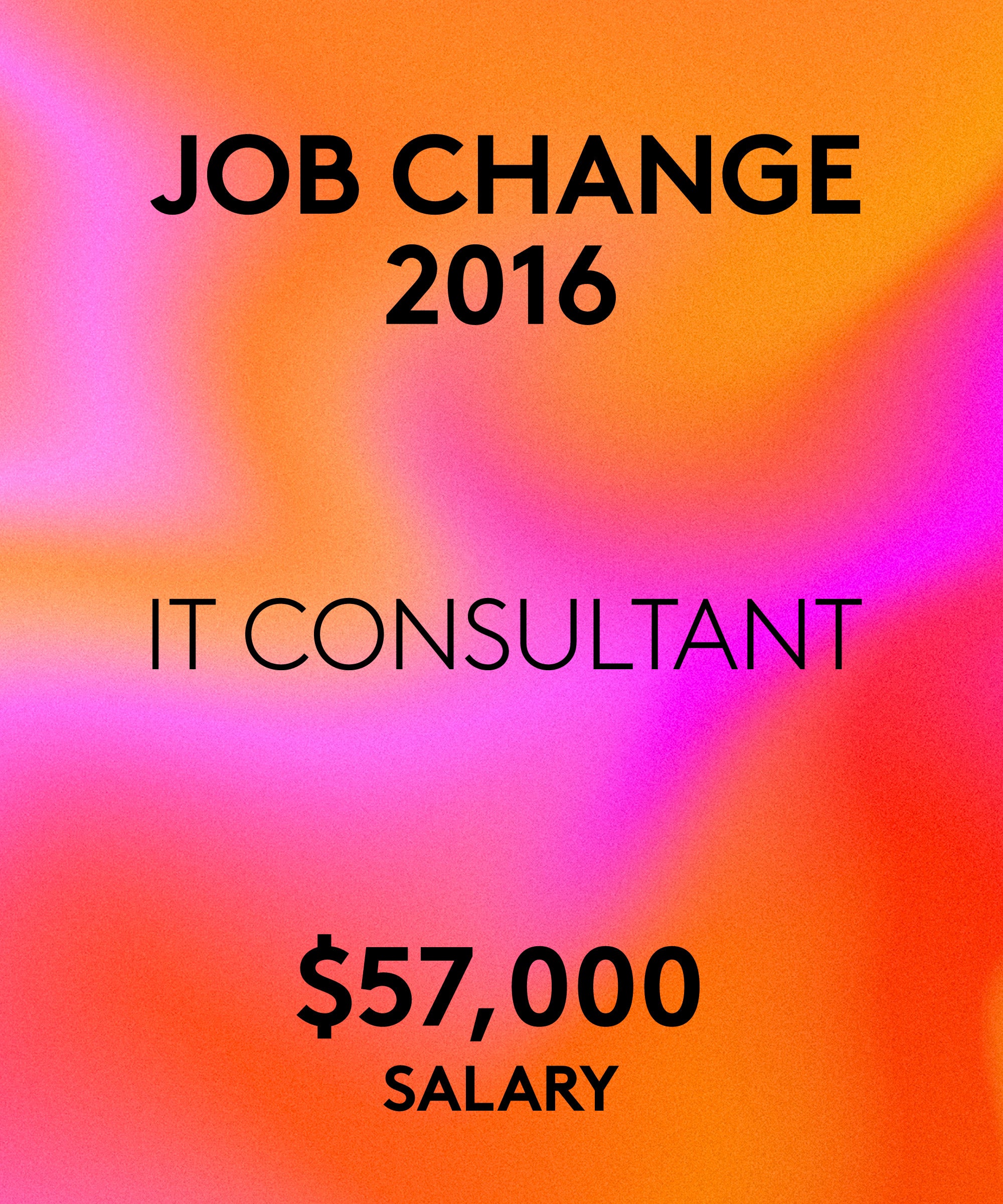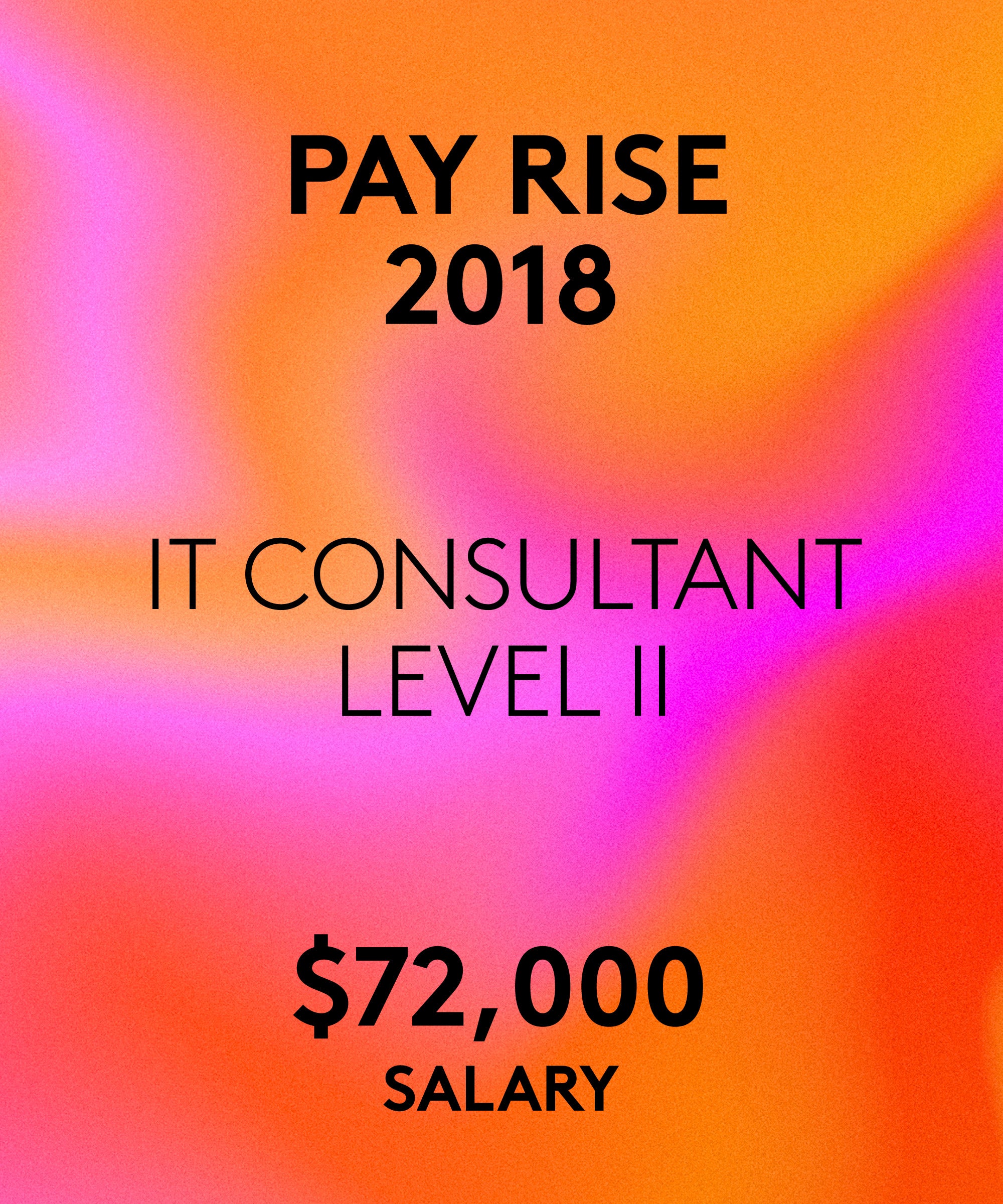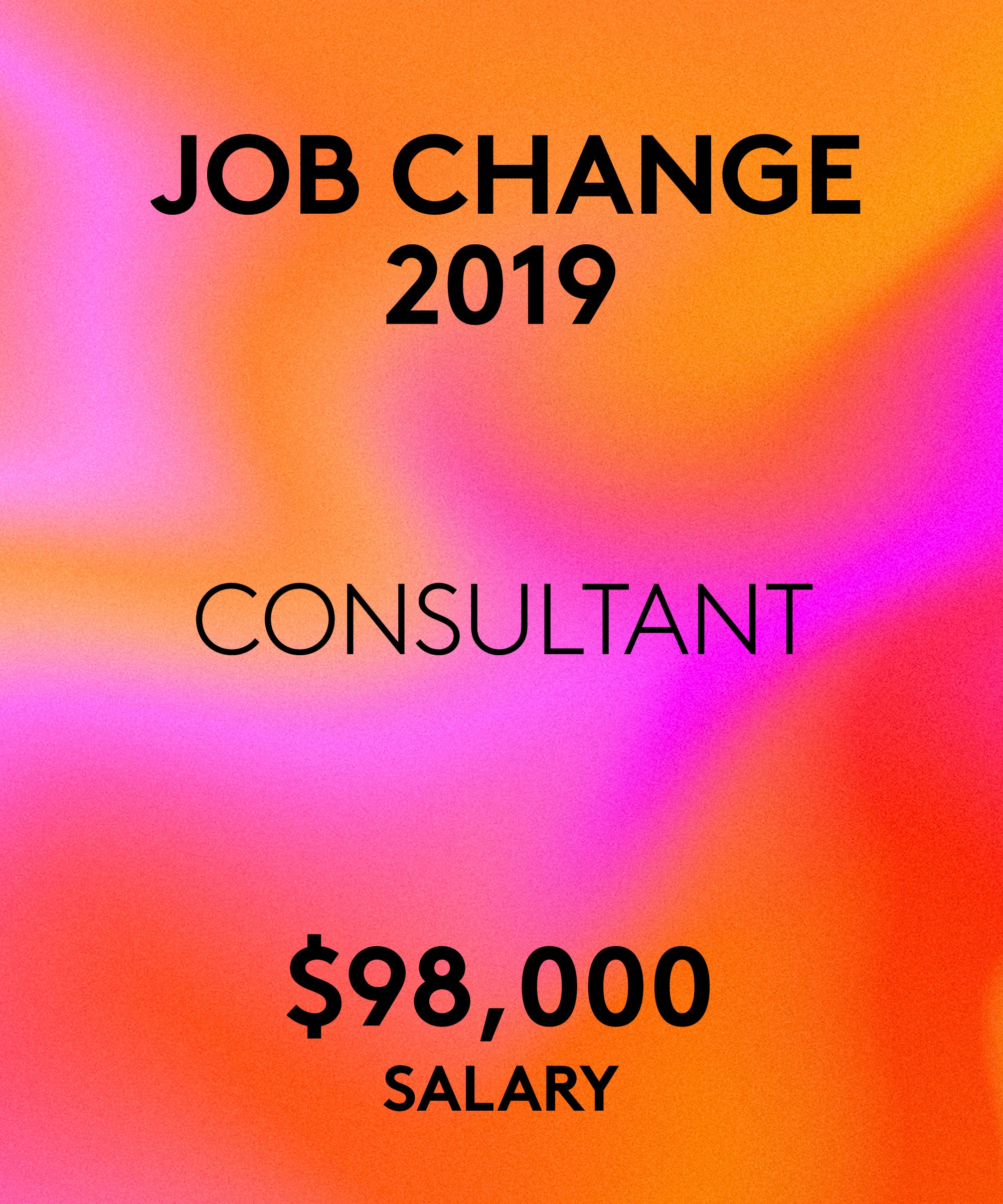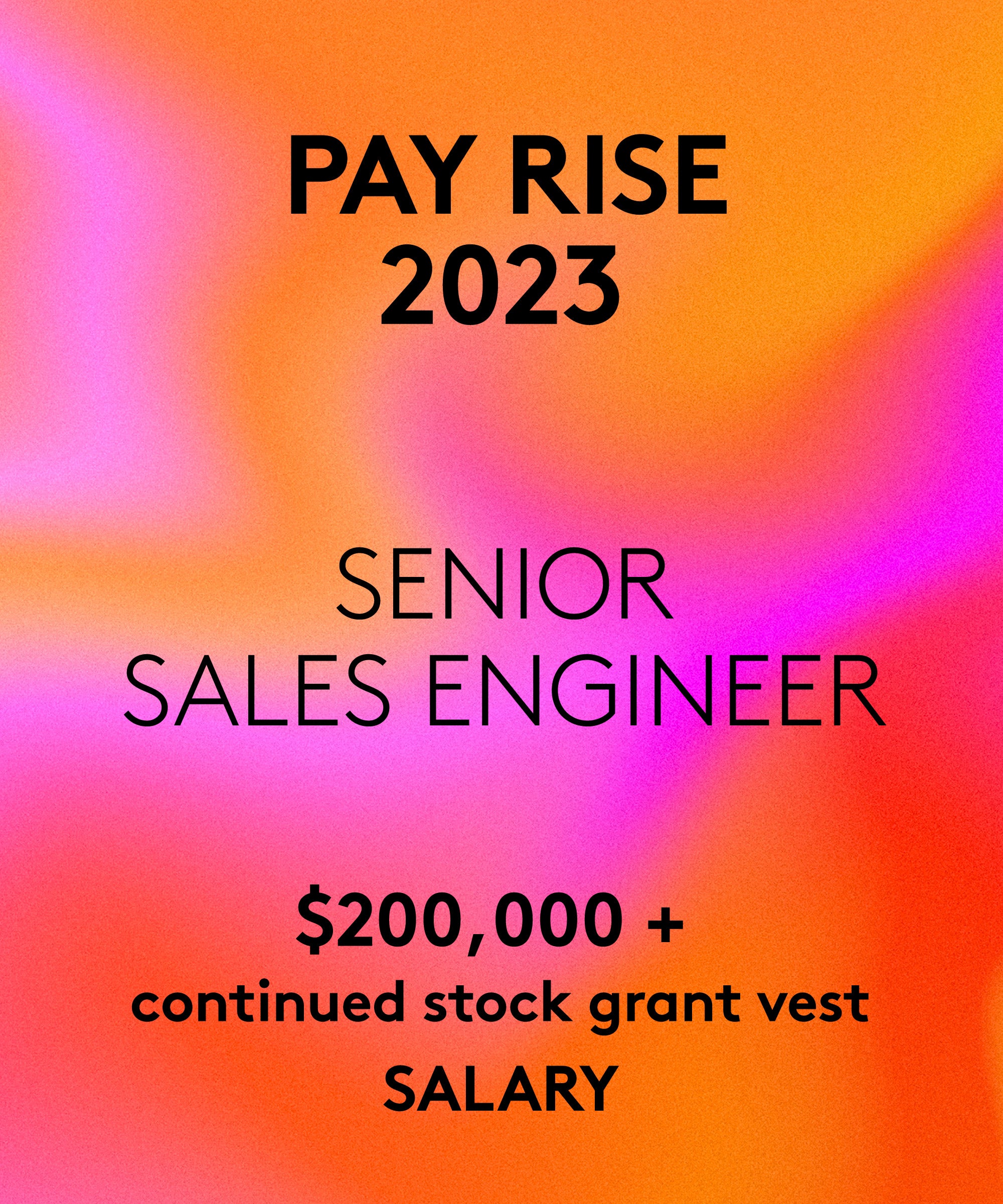In our series Salary Stories, women with long-term career experience open up about the most intimate details of their jobs: compensation. It’s an honest look at how real people navigate the complicated world of negotiating, raises, promotions and job loss, with the hope it will give young people more insight into how to advocate for themselves — and maybe take a few risks along the way.
Been in the workforce for at least five years and interested in contributing your salary story? Submit your information here.
Age: 30
Location: Washington, DC area
Current industry and job title:
Senior sales engineer, Technology
Current salary: $200,000
Number of years employed since school or university: Eight
Starting salary: $21,000 in 2015
Biggest salary jump: My salary jumped by $67,000 when I changed careers from consulting ($120,000) to sales engineer for a tech company ($187,000 with a stock grant).
Biggest salary drop: N/A
Biggest negotiation regret: I wish I’d negotiated my current salary more. I’m very happy with my pay, however, a friend of mine who joined my company in my same role a couple months after I did negotiated their salary and it resulted in a higher base salary for them. I was so thrilled to be offered the salary I was, I just took it! Lesson learned: always negotiate, never feel guilty for your success.
Best salary advice: It’s not worth staying in a job in a toxic environment just in the hope that you can get a slightly higher salary with your next raise. It usually makes more sense to start looking at other jobs, which will most likely result in more pay and probably a better experience. Also, be wary of signing bonuses! Know the payback terms. The company usually has a clause. If you leave your role within two years of signing the contract and you have accepted a sign on bonus, you must pay back the full amount of the sign on bonus, including tax.
I was staying with my parents post-college and after mid-summer, my parents set a hard deadline: move out by Labor Day. I was very inexperienced and had no idea what was required to live on, and $21,000 seemed like a lot as a new grad!

I’d moved in with three roommates. Financially I was pretty broke, I even worked two jobs for a bit (one part-time on top of my full-time one) to pay off debt. I tried to negotiate my sign on salary in my full-time job, and I was told no.

It was a small company with a growing client base, and as long as I was hitting my target metrics I could expect to advance to the next level position. Promotion roles were pretty clear cut and the pathway was relatively fast for the lowest-level consultants. I got another standard adjustment bump a year later to $62,000.

They gave me a $10,000 raise on the spot, and I left that meeting incredibly shocked and grateful! I accepted the first offer as it was so unexpected, and I used the money to pad my savings so it didn’t change my standard of living in any meaningful way.

I had continued to perform well and meet my metrics, so I did fight for this promotion for the first time. I worked closely with my manager to create a case and outline my business contributions, as well as their benefit to the company’s growing portfolio. It was well-deserved. While the promotion felt good, I was still ready for something new.

However, they down-leveled me in title with the assurance I could apply for promotion within the year. Unfortunately, this role began just before the COVID pandemic started, and I quickly found all the the things that I had left my previous job for (like a larger peer group, in-person opportunities, client travel) were on hold indefinitely. And guess what — so were promotions!
Plus, the job was brutal as it was at a high stress, high pressure big consulting firm. I quickly became very stressed out and unhappy but with the pandemic happening, I felt like I had to stay. Additionally, I’d accepted a $10,000 sign-on bonus and leaving before my two-year commitment was up would mean I’d need to pay it back. Even though I only took $6,000 after tax, I’d need to pay the full $10,000.

The pay wasn’t worth it. I felt incredibly drained and stressed, and the environment was tough. The urgency was always very high, but we didn’t get to see the impact of our work as the projects we worked on were often never implemented. The lack of meaning and the stress led me to really understand that money doesn’t buy happiness, nor does a prestigious job.

I felt like I didn’t deserve the raise in income at first. It was a life-changing amount of money that would really enable me to become more secure financially, but the level of imposter syndrome I felt was intense. The stock grant would vest over four years, with 25% vesting each year, so every year, after my first full year, $10,250 would be paid into my stock account in company stock.

Honestly, I don’t know how I got a pay rise in the context of lay offs. I received a moderate merit raise for my contributions to the business, which were directly measurable by the amount of capital I generated for the company. Cue another moment of feeling very undeserving and guilty. There was a lot of survivor’s guilt. I’m not passionate about, or even interested in tech, but I am good at my role and I was being rewarded in accordance with that.
I think it’s time for me to start thinking about jobs and roles that I will enjoy more, though — even if it comes with a pay decrease because the more successful I am — and the more money I make, the more trapped I feel even though I am so incredibly grateful and I love my coworkers.
I don’t know what I will consider next professionally, and I am scared to make a change. I’ve learned from this journey that money buys many things, but it doesn’t buy purpose or meaning if money and material gain is not a value that is close to your heart.
I always thought my “why” would be a family, but that hasn’t materialized for me yet. It’s time to think longer term and find my “why” now. Sometimes, though, it feels like it’s too late to change.
Like what you see? How about some more R29 goodness, right here?
A Week In New York On A $57,000 Salary















